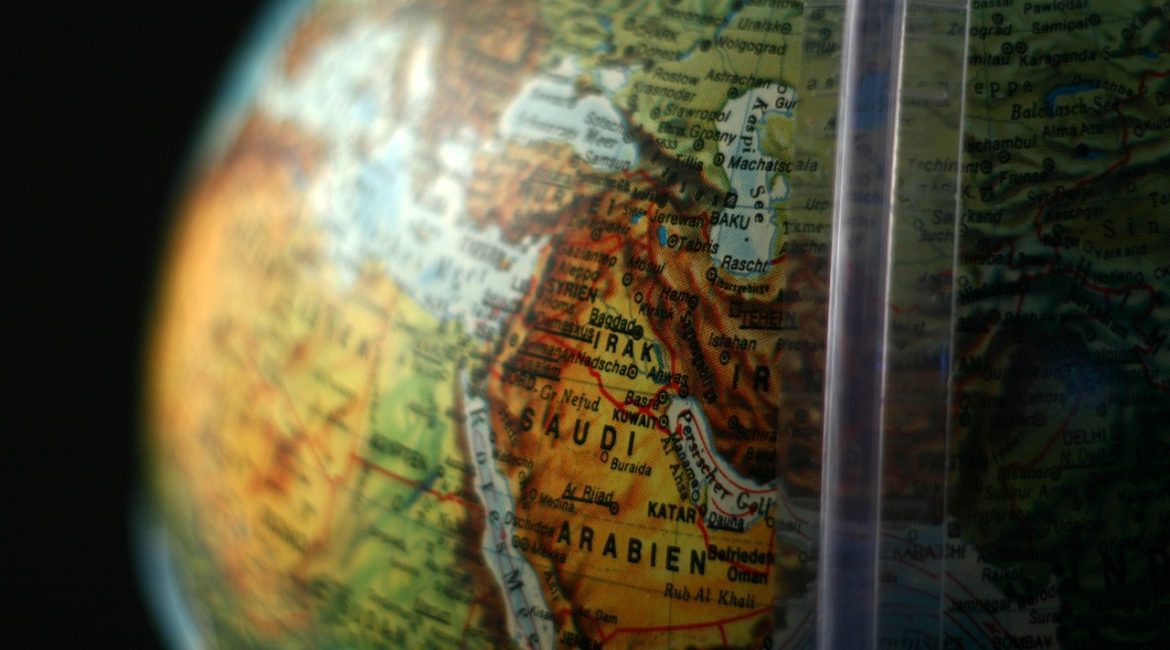Hamas' surprise attack on October 7 has disrupted several dynamics characterizing regional politics in recent years. The first and most obvious was the mistaken belief that the Palestinian question no longer mattered the Arabs and that it was possible to achieve stability in the region, even if the Palestinians remained subject to a particularly brutal occupation. The reactions of the Arab street showed that the Palestinians and the injustices they face remain an emblematic issue, capable of galvanizing anger more than any other.
This anger, palpable in public opinion before October 7, was intensifying. The ongoing conflict has put Palestine again at the center of public debate, reinvigorated calls for a political solution to the Palestinian problem and placed the question of a bi-national state back on the table, given the hopelessness solution of two states. It also provokes growing anti-Western sentiment linked to the apparently unqualified support enjoyed by Israeli bombings on Gaza. The accusations of double standards have also undermined much of the diplomatic efforts aimed at gaining support from major southern countries for the need to maintain a rules-based international order.
October 7 also froze the process of the Abraham Accords, which aimed to create a new security and economic architecture including mainly the Arab Gulf countries and Israel, and to gradually integrate the latter into the region. However, this normalization process has undermined the principle of the exchange of territories for peace set out in Security Council resolutions 242 and 338 and reaffirmed by the Arab peace initiative of 2002. The India-Middle East trade route recently announced by Washington, which would link India to the Gulf region and then to Israel, only underlined the fact that the main instigator of these agreements focused on the Gulf, sidelining the Levant and, therefore, the Palestinians. The latter thus found themselves without regional support, which allowed Iran to fill the void.
The most important pillar of this new regional order was the normalization of relations between Saudi Arabia and Israel, whose negotiations were suspended indefinitely after October 7. The resumption of Israeli-Saudi talks will depend on a cessation of hostilities, political outcomes that address the dire situation of the Palestinians, and the shape of the new Israeli government.
A third hypothesis that October 7 may have overturned was that Iran's long efforts to consolidate its regional influence were beginning to bear fruit. Earlier this year, the rapprochement between Saudi Arabia and Iran reflected Riyadh's implicit recognition of Iran's network of non-state actors in key Middle Eastern countries, as Syria, Iraq , Lebanon and Yemen. Saudi leaders are now willing to deal pragmatically with Tehran, whose regional influence was once denounced as a “snake.”
Today, all of this is under threat. Hamas's operational success, perhaps unintentional, has brought the region to the brink of a regional and, potentially, a global conflict. The growing number of Palestinian casualties, with around 9,000 people killed and more than 22,000 injured, according to the United Nations Office for the Coordination of Humanitarian Affairs, and some 30% of Gaza's homes destroyed, is putting pressure on the Iranian strategy of “unity of fronts”. Tehran does not want to be involved in the conflict, but after unifying its allies in Lebanon, Gaza, Syria and the West Bank in their fight against Israel, it also cannot afford to do nothing if Hamas is threatened . On the other hand, the Iranians know that any direct intervention could be catastrophic if it directly threatened the regional assets they spent more than three decades building.
To resolve the problem, Hezbollah adopted a form of gradual escalation with Israel along Lebanon's southern border. So far, this escalation has remained contained, and the recent highly expected speech of Hezbollah leader Hassan Nasrallah went in this direction. However, the start of direct attacks on Israel by pro-Iranian groups from Iraq, Yemen and Syria places the region on a slippery slope that could trigger a much broader conflict. This is why those who encourage Israel to seek maximalist goals in its intervention in Gaza could push their ally and the world towards catastrophe. The attacks of October 7 may have shaken up the region, but few actors have an interest in upsetting the international order…

